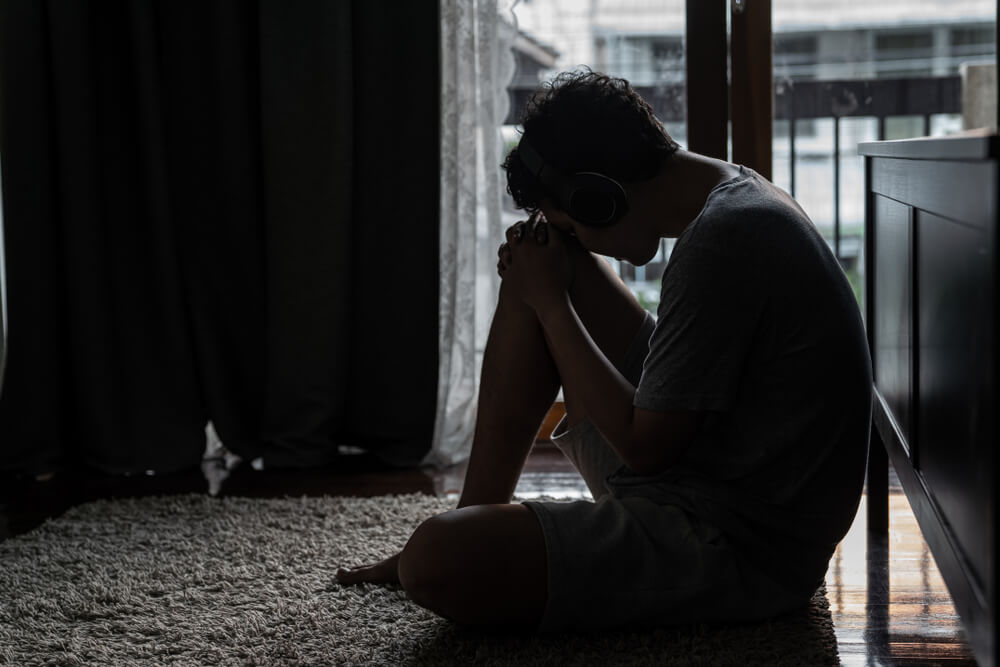
How to Spot the Warning Signs of Heroin Relapse
Legacy Healing Center Blog
The Warning Signs of Heroin Relapse You Should Know
It’s widely known today that addiction is a mental disorder and like other mental disorders, it has no cure. It alters the way a person’s brain works and is classified as a chronic, relapsing disease. In this sense, relapse is something that every addict in recovery must plan for. Heroin is among the drugs that is very difficult to give up, and challenging to stay away from in recovery. However, heroin relapse is not a guarantee and there are many successful ways to maintain one’s abstinence through recovery.
If you or someone you love needs help with addiction, call 954-994-2965 today to speak with a treatment specialist.
A study in the Journal of the American Medical Association (JAMA) estimates that relapse rates for addiction are very similar to other chronic diseases, such as hypertension and asthma. During the first year of recovery, expected relapse rates are between 40 and 60 percent.
With the clear risk of heroin relapse in recovery, it’s very important to be aware of the initial relapse warning signs so that you have enough time to act before an actual relapse occurs. In this article, we will review the signs that you may be approaching a heroin addiction relapse so that you can get help to prevent it.
The Stages of Relapse
While heroin relapse can seem like it comes out of the blue sometimes, it is possible to break down the process of a heroin relapse into three stages. Stages one and two of relapse can serve as relapse warning signs to allow you to act before reaching the final stage of relapse.
Stage One: Emotional
The first stage is the emotional stage. It is the stage where a person isn’t even considering heroin use but they are increasingly being worn down by negative emotions, which is often caused by neglecting to use aftercare programs or following your relapse prevention strategy.
Signs include:
- Intolerance
- Isolation
- Anger
- Anxiety
- Poor sleep and eating habits
- Not talking to people about what’s bothering them
- Not going to meetings
Ignoring these heroin addiction relapse warning signs leads to stage two.
Stage Two: Mental
Stage two of the relapse cycle can be seen as an internal war taking place. The person may start to think about using heroin again but will fight against it. Idly thinking about past drug use and romanticizing it is common.
Signs in this stage include:
- Having thoughts about the places, people, and things that were a part of the addiction
- Lying to others
- Starting to plan when you might relapse based on other’s schedules
- Glamorizing past drug use
- Seeing old drug-abusing friends
Stage Three: Physical
At this stage in relapse, the person is traveling to their heroin dealer or calling a friend to come over with the drug. It is the last time that the person can do something before relapsing.
How to Prevent Relapse
There are many strategies and methods of preventing relapse. The emotional stage of relapse is an important time to get back on track. Recognition of the negative emotions that are surfacing should prompt you to seek help. If you see your behavior change, then honestly think about what may be causing it and then find someone to talk to.
At the mental stage of relapse, mental urges will become predominant. Realize that just because you remember only the best parts of using, it doesn’t mean that things won’t fall apart exactly how it did before. Again, it’s important to speak to someone about the mental dance that’s going on in your mind. Just speaking to someone about it can cause the urges to dissipate.
Long-term heroin addiction recovery is about staying with a relapse prevention strategy. When you become confronted with the stages of relapse, then reach out to those around you because they care for you and want to help. Alternatively, a rehab center will be happy to help you find your way and strengthen your resolve.